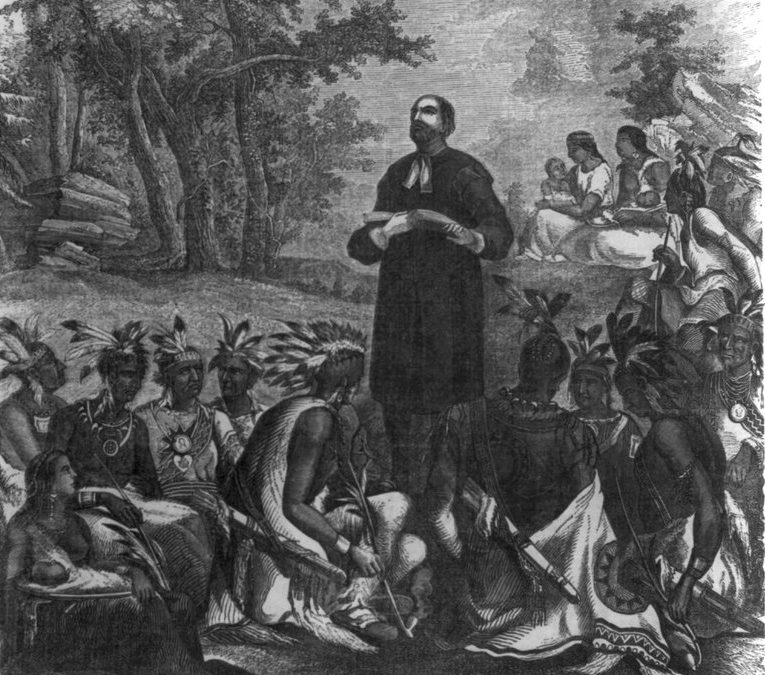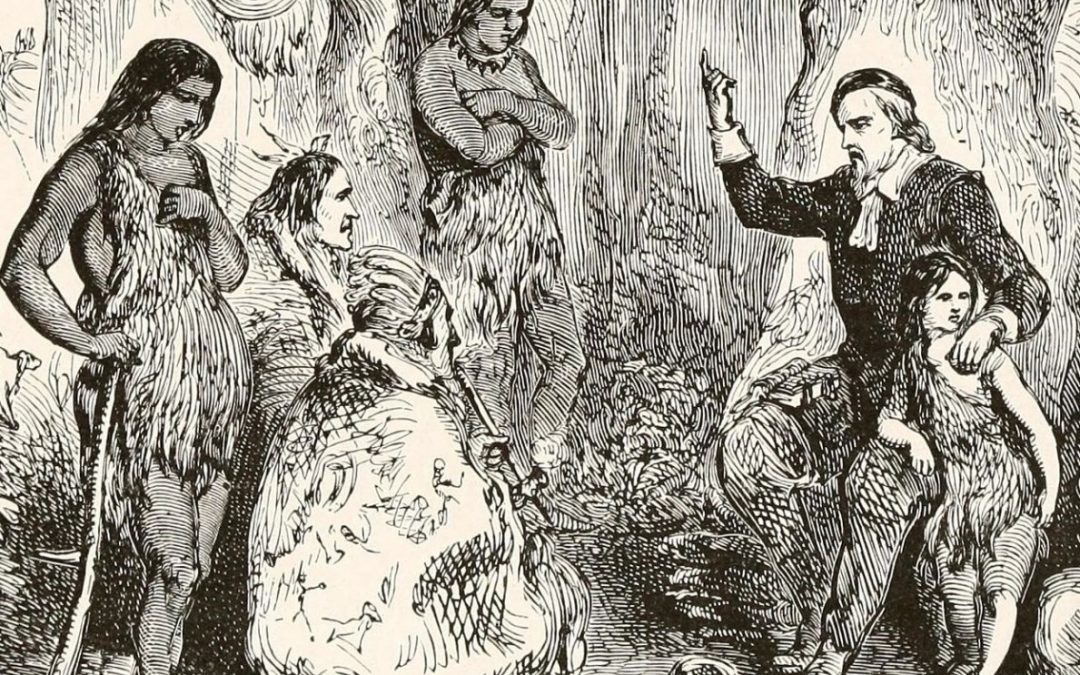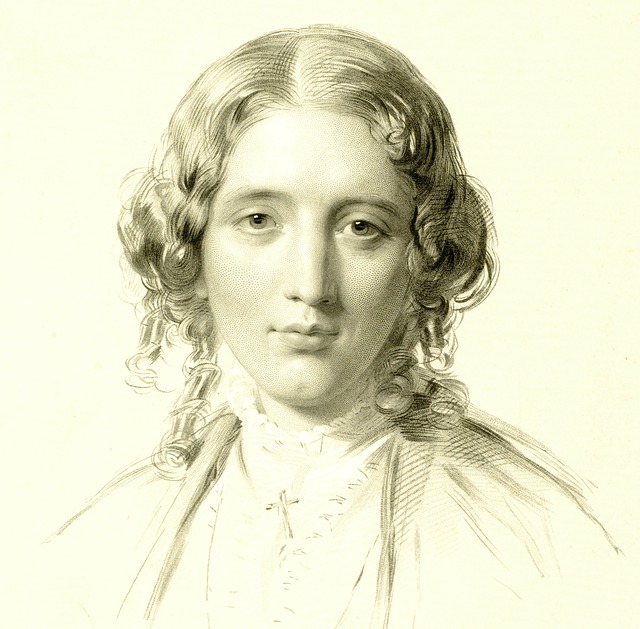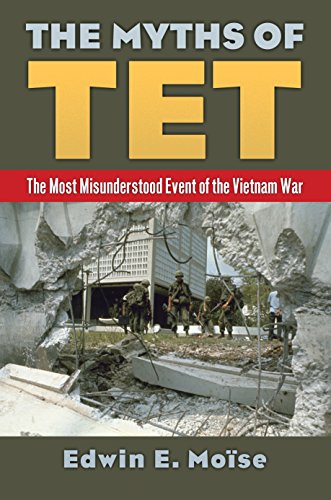
Book review: John Eliot: The Man Who Loved The Indians
…a conversational biography…
Book review:
John Eliot:
The Man Who Loved The Indians
by Carleton Beals
New York: Julian Messner, Inc., 1957
192 pages
This is an entertaining biography of the Puritan minister who was known during his lifetime (1604-1690) as the “Apostle to the Indians.” Rev. John Eliot was the colonial leader who was most influential in cooperating with Indian leaders to establish the “Praying Indian” towns in the Massachusetts Bay Colony.
Beals creates a fictionalized biography of convenient length. The narrative is filled with dialogue that is relevant to the story, but is, of course, completely inauthentic in the sense that there is only a fragmentary record of Eliot’s conversations with his fellow colonials and with American Indians. This isn’t a big deal. However, Beals’ conversational tone is not to my taste for serious biographical treatments.
John Eliot: The Man Who Loved The Indians is based on substantial research and offers a bibliography of 46 sources, including many that are well respected and well known to historians and students of the colonial period. There is a useful index.
Beals offers an appealing, if one-sided, complement to serious investigation of cultural and political dynamics in 17th century New England.
Caveat: Beals, without apology, writes his story within the European context. To be sure, Waban and the other Indians are characters in the story.
Beals doesn’t spend a lot of time on the brutality of their demise.
* * * * * *
Book review. Copyright © Richard Carl Subber 2018 All rights reserved.
Book review: The Reader (Der Vorleser)
Not just a rehash of WWII…
by Bernhard Schlink
As with another eye: Poems of exactitude with 55 free verse and haiku poems,
and the rest of my poetry books are for sale on Amazon (paperback and Kindle)
and free in Kindle Unlimited, search Amazon for “Richard Carl Subber”
* * * * * *




